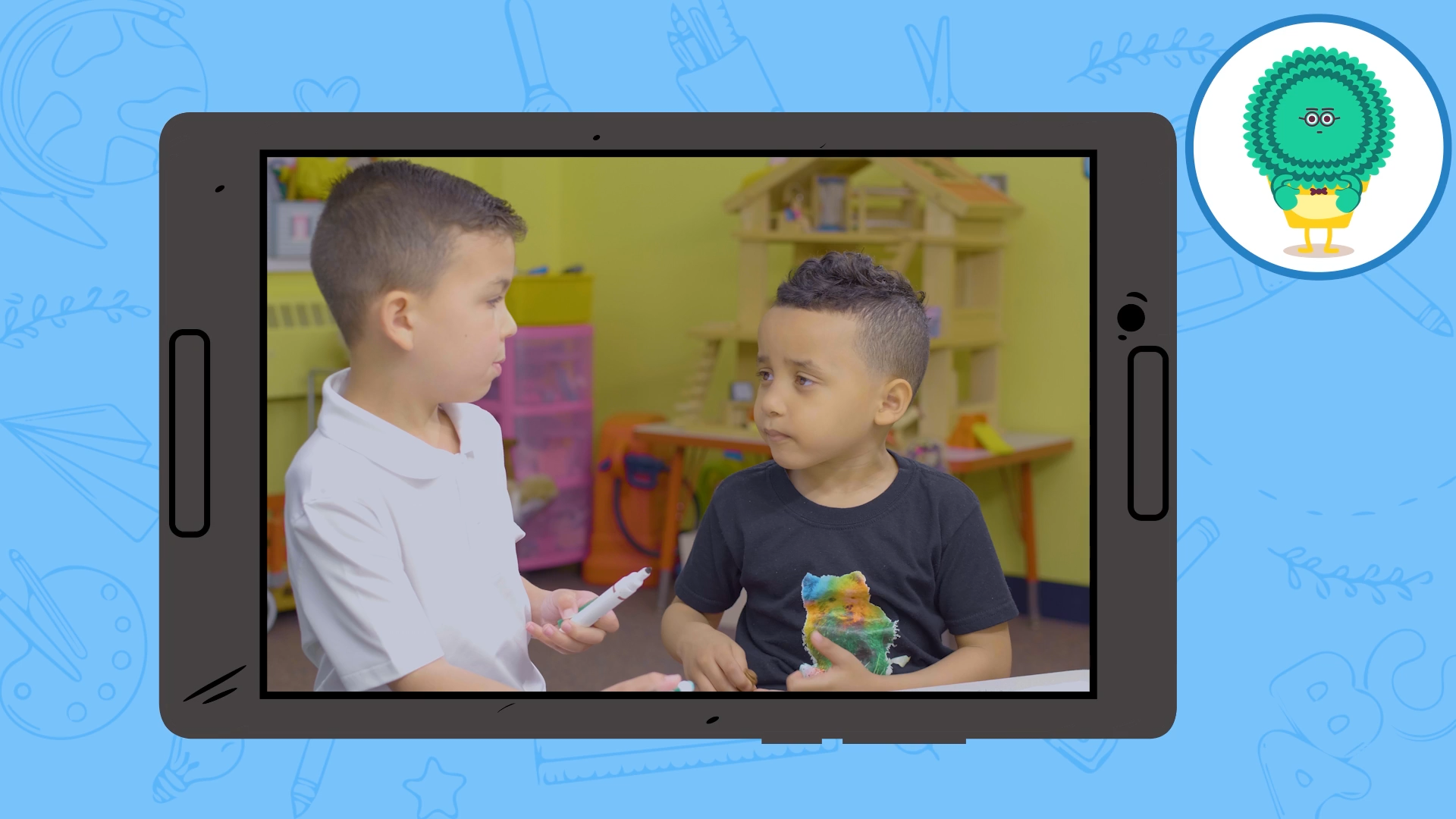Introduction
Problem-solving skills are essential for students, especially those in special education. These skills can help students navigate their emotions, communicate effectively, and build positive relationships with peers and educators. In this blog post, we’ll explore an engaging no-prep activity that helps students develop effective problem-solving techniques, followed by discussion questions to stimulate further conversations. Additionally, we’ll mention related skills that can benefit students and provide next steps for educators to access free sample materials.
No-Prep Activity
This activity is designed to help students practice problem-solving without requiring any preparation or materials from the educator. Begin by having students sit in a circle. One student, acting as the “problem holder,” will share a problem they are experiencing or have experienced in the past. The other students will then take turns offering possible solutions to the problem. The problem holder can choose a solution they like best or create a new solution based on the input they received. Afterward, the next student in the circle becomes the problem holder, and the process continues until everyone has had a turn.
During this activity, encourage students to be empathetic listeners and to think critically about their peers’ problems. Remind them that there are multiple ways to solve a problem and that it’s essential to communicate their feelings and thoughts effectively.
Discussion Questions
- Why is it important to communicate our problems to others?
- How can we practice active listening when someone is sharing their problem?
- What are some strategies we can use to stay calm and focused when faced with a problem?
- How can we determine which solutions might be most effective for a given problem?
- How can problem-solving skills help us in our relationships with others?
Related Skills
Along with problem-solving, several other skills can help students succeed in their social-emotional development. These include:
- Emotion regulation: Helping students identify, understand, and manage their emotions effectively.
- Empathy: Encouraging students to understand and share the feelings of others, fostering stronger connections and relationships.
- Conflict resolution: Teaching students how to address disagreements or conflicts in a constructive and respectful manner.
- Communication: Enhancing students’ ability to express their thoughts, feelings, and needs clearly and effectively, both verbally and nonverbally.
- Resilience: Supporting students in developing the ability to bounce back from setbacks and adapt to new situations.
Next Steps
To further explore problem-solving skills and other essential social-emotional learning concepts, we encourage you to sign up for free sample materials at Everyday Speech. These resources can help you create a supportive and engaging learning environment for your students, fostering their growth and development in all areas of life.






